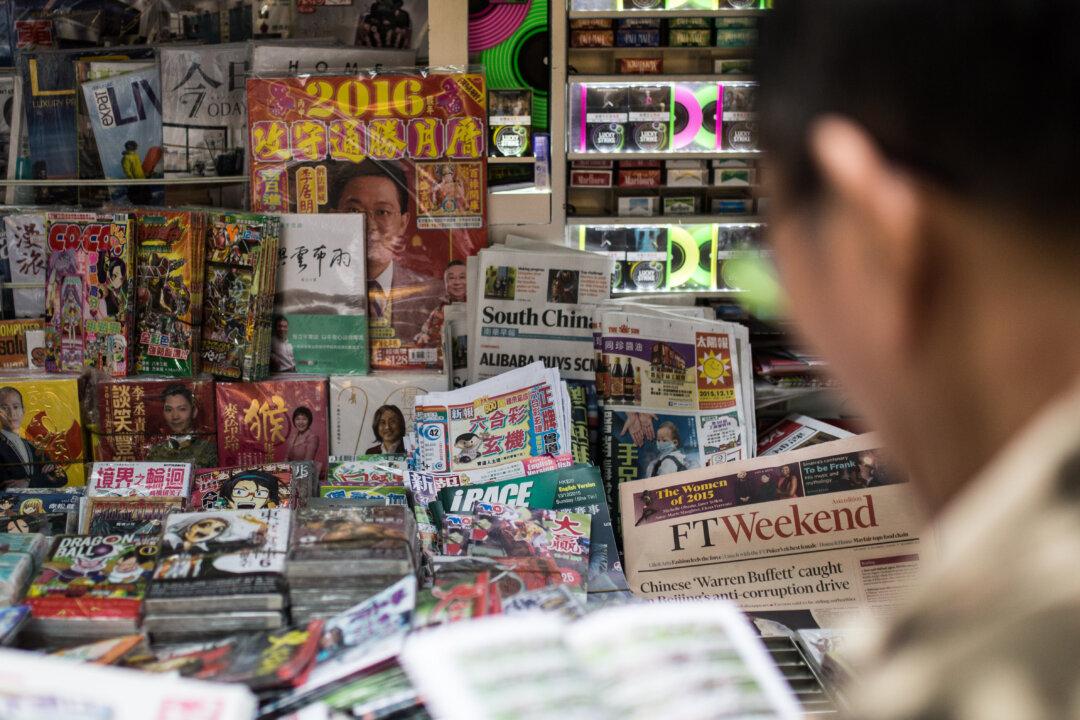China issued broad new rules last week banning foreign-owned companies from “online publishing” that could have far-reaching implications to foreign firms beyond traditional media.
The ruling would bar foreign companies and Chinese firms with foreign ownership from engaging in any online publishing, including but not limited to text, games, maps, cartoons, audio, and video content. It tightens what is already one of the strictest media control systems in the world.
The new regulations were issued jointly by the Ministry of Information Technology and State Administration of Press, Publication, Radio, Film and Television, and are set to take effect March 10.
Clamping Down
For more than a decade, foreign media companies have invested millions of dollars to set up news organizations in China for Chinese audiences. While China censors its media, business executives once thought that forging closer ties with China would increase likelihood of China eventually “opening up.”
As recent as five months ago, Xi Jinping told News Corp. Chairman Rupert Murdoch that China would “welcome foreign media and correspondents to cover China stories, introducing China’s development to the world, and helping the world grasp the opportunities [of] China’s development” in a meeting in Beijing, according to state-mouthpiece Xinhua.
So much for the supposed “opening up.” Today, Chinese TV, print, and online media continue to be censored. The websites of Bloomberg News, New York Times, and Thomson Reuters are blocked. Even the longtime China-apologist Murdoch has scaled back business interest in China, selling majority stakes in three Chinese TV stations to a Chinese private equity firm.
Increased Scrutiny
At the heart of the matter is power and politics. Beijing worries about the impact of Internet publishing on public opinion in China, especially towards the ruling Chinese Communist Party.
Under the new guidance, even Chinese companies wishing to produce such online content must first seek a license from regulators. And all content broadcast in China must be stored on servers located inside China.






